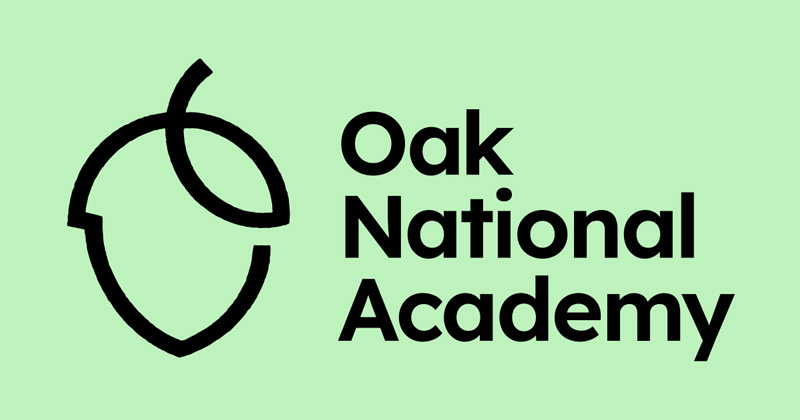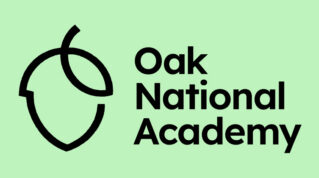A judicial review legal challenge has been launched against the government’s Oak National Academy curriculum quango.
The British Educational Suppliers Association (BESA), the Publishers Association, and the Society of Authors said formal action was lodged with the courts earlier this week.
The National Education Union is also backing the action as an “interested party”.
Caroline Wright, BESA’s director general, said Oak “poses an existential risk to the future viability of the sector, which in its current form, will result in an erosion of teacher choice over how to deliver the national curriculum”.
She said the judicial review is “the sector’s option of last resort” claiming the Department for Education “refused any meaningful mitigations that would protect competition within the market”.
Dan Conway, CEO of the Publishers Association, said Oak will be an “unprecedented and unevidenced intervention that will cause irreparable damage to the education sector as we know it”.
But supporters said Oak can help with “teacher burnout and weak curricula”.
A spokesperson for the quango said the legal action was “disappointing”, adding: “This action is essentially an attempt to block free, high-quality resources for teachers that want them.”
“Oak has a clear purpose to work alongside the commercial market to improve the quality of curriculum materials that support teachers and pupils. It is extremely disappointing to see commercial providers seeking to prevent us from doing so.”
A DfE spokesperson said it was “disappointing to see businesses operating in the education sector seeking to undermine plans that have been designed by teachers, are in demand from teachers, and ultimately are in the best interests of pupils up and down the country”.
“We value the importance of a competitive commercial market and so it will always be teachers who choose whether or not to use Oak’s or any other provider’s materials.”
It is understood that the bodies have applied for a request to submit a judicial review. If the courts decide there are grounds to take it forward, the claimants can then formally launch the process.
Schools Week reported last week that the cost of a failed high court bid could be upwards of £1 million.
BESA said the action is being funded by “financial contributions from UK publishing and edtech companies”.
Oak’s transition to an arms-length government body has proven controversial. It led to United Learning, one of the scheme’s original academy trust partners, pulling 1,500 of its lessons from the platform.
Trust boss Sir Jon Coles said the quango “is to procure and promote a set of curriculum resources which exemplify ministers’ curriculum ideals“.
Coles alleged schools minister Nick Gibb thought the Oak quango was a way to “promote his own view of the curriculum”.
Oak interim chief executive and co-founder Matt Hood said ministers would be told “no” if they try to interfere with the quango’s plans.
Its framework pledges that the education secretary is “committed” to giving the Oak board “freedom to operate” and will be “operationally independent” from government.
However the secretary of state has many powers. Their approval is needed to appoint the chief executive, can appoint up to five directors, and must sign off spending above certain thresholds.
Business case documents for Oak also show it “should be continuously strategic aligned with government policy as it develops“.
Coles tweeted recently that ministers have “created the perfect vehicle for a future government – perhaps 2 years away – to take precisely the opposite view and use it to promote a skills-based curriculum or otherwise undo everything Nick Gibb [schools minister] has worked to achieve”.















“Oak interim chief executive and co-founder Matt Hood said ministers would be told “no” if they try to interfere with the quango’s plans.” HaHa! How naive of Matt to think that’ll work! Oak was always a Trojan Horse designed to foist DfE ideology on schools…and also to push the ‘remote learning’ agenda (which they’ll roll out in the future). Also, its worth noting that teachers, in the main, have no time for Oak, and see it as a huge waste of money (better spent in schools, by schools themselves).
Well played BESA & the Publishers Association on challenging this unwanted, expensive quango. Let’s maintain choice in schools – teachers should be free to select from a range of resources. We already have a National Curriculum, and we do not want lessons dumbed down to the point where we have to “follow the DfE script” via Oak Academy….because lets face it that will actually lower the quality of provision, in the end).